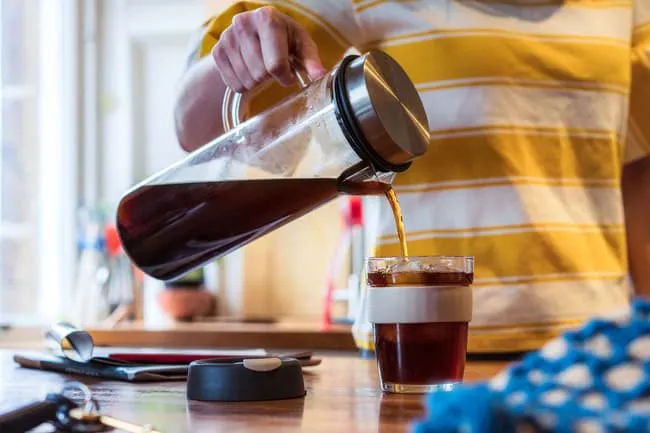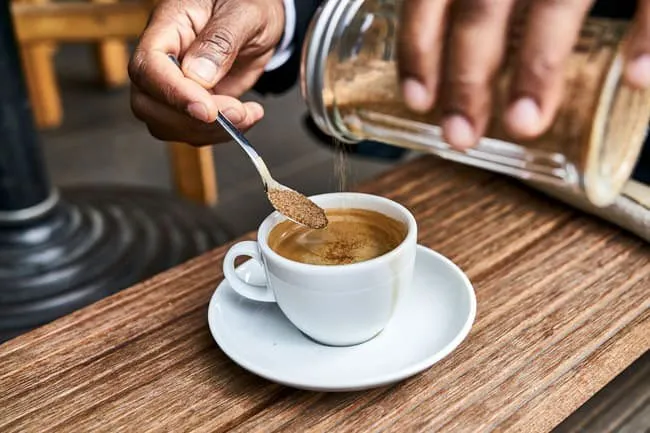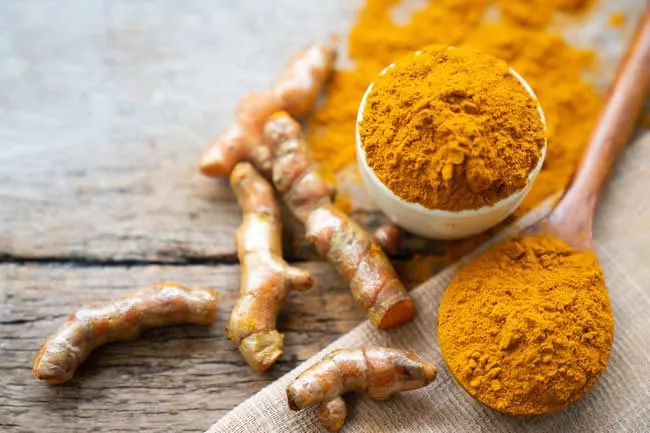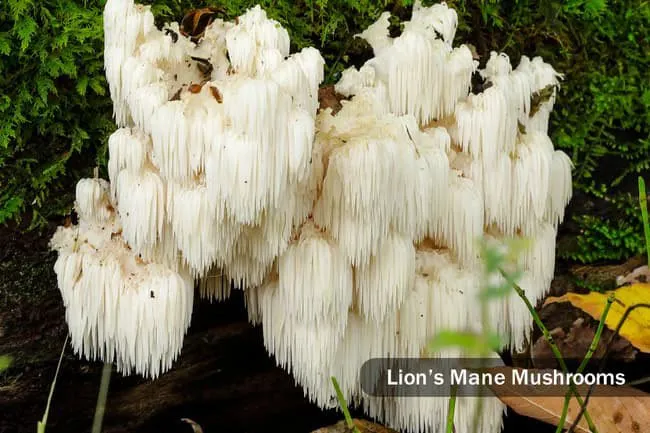Free-Radical Fighter

You may be in it for the caffeine, but coffee is full of antioxidants. One cup has 200-550 milligrams of antioxidants, including chlorogenic acid, a compound that helps your body process fat and sugar. Antioxidants lower inflammation, reduce your risk of chronic disease, and stabilize free radicals. Robusta and Arabica beans have similar amounts of antioxidants after being roasted. Light roast has more than dark.
Hot Brew vs. Cold Brew

If you're looking for antioxidants, stick with hot-brewed coffee. It has more because it takes a certain amount of heat to extract antioxidants from the bean. But if it's caffeine you're after, cold brew will give you a stronger jolt. Cold brew is also lower in acid, and a better choice if you have acid reflux.
The Perfect Cup

The healthiest way to take your coffee is hot-brewed and black. One cup has virtually no calories or carbs, no fat, and is low in sodium. Black coffee also has micronutrients, including potassium, magnesium, and niacin.
Coffee Don’t: Excessive Sugar

Coffee starts out healthy, but sugar and flavored sweeteners add fat, calories, and a higher risk of heart disease. Aim for 1 teaspoon of sugar (or less) per cup, of the 6 (women) or 9 (men) teaspoons recommended per day by the American Heart Association. At coffee shops, one pump of flavoring has about one teaspoon of sugar. At home, flavor your coffee with vanilla or almond extract.
Coffee Don’t: Overdoing Dairy

Milky coffee drinks contain either sweetened condensed milk, heavy whipping cream, or whole milk, often with whipped cream on top. That's a lot of fat and calories in every sip. For example, an ounce of heavy whipping cream adds more than 100 calories. Sub with whole milk (19 calories per ounce), fat-free milk (10 calories per ounce), or unsweetened almond or soy milk.
Coffee Don’t: Bigger Is Better

If you go big on fat and calories, opt for the small cup instead of the large. It's OK to indulge in a flavored latte or sweetened seasonal drink once in a while, especially if you save yourself a lot of extra calories, sugar, and fat by ordering the smallest size.
Opt for Organic

Coffee beans are one of the most heavily sprayed crops in the world. Many pesticides are removed through the washing or roasting process, but not all. Look for an organic certification seal on the packaging of coffee you buy in a store, and for the word "organic" on menu choices in your coffee shop.
Healthy or Hype: Turmeric Coffee

Healthy. Turmeric has curcuminoids, or anti-inflammatory compounds that may have a positive effect on diabetes and cancer. Add it to hot black coffee, but steer clear of sugar, syrups, or heavy creamers that add fat and calories.
Healthy or Hype: Egg Coffee

Hype. Also called Vietnamese or Swedish coffee, egg coffee is made by beating an egg yolk with sweetened condensed milk, then adding it to espresso or iced coffee. Sweetened condensed milk is high in sugar, and raw eggs can contain the bacteria salmonella that causes 1.35 million infections every year.
Healthy or Hype: Mushroom Coffee

Healthy. Mushroom coffee isn't made of mushrooms -- it's coffee plus mushroom extract, typically from lion's mane, chaga, cordyceps, or reishi mushrooms. It has less caffeine and doubles down on the inflammation-reducing antioxidants, so it's good for you as long as you don't load it down with sugar and cream. There's not enough research to back up all the health claims yet, such as an immune system boost.
Healthy or Hype: Nootropic Coffee

Healthy, unless you're sensitive to stimulants. Also called smart drugs, nootropics are compounds that increase your memory, creativity, motivation, and attention. Caffeine is one, so coffee is naturally nootropic. Any nootropic coffee you order may have stimulants -- natural or manufactured -- beyond caffeine. The FDA doesn't regulate nootropics, so it's impossible to prove their claim
Healthy or Hype: Vitamin Coffee

Hype. Adding vitamins to coffee sounds like a good idea, but coffee's diuretic properties make you pee at a faster rate than normal. You'll lose any water-soluble nutrients you take in before you can absorb them. Coffee also blunts absorption of minerals like zinc, calcium, and iron. Plan to take your vitamins an hour before or after you drink coffee.
Diet and Nutrition: The Healthiest Coffees
This tool does not provide medical advice. See additional information: 
© 1996-2024 WebMD, LLC. All rights reserved.
